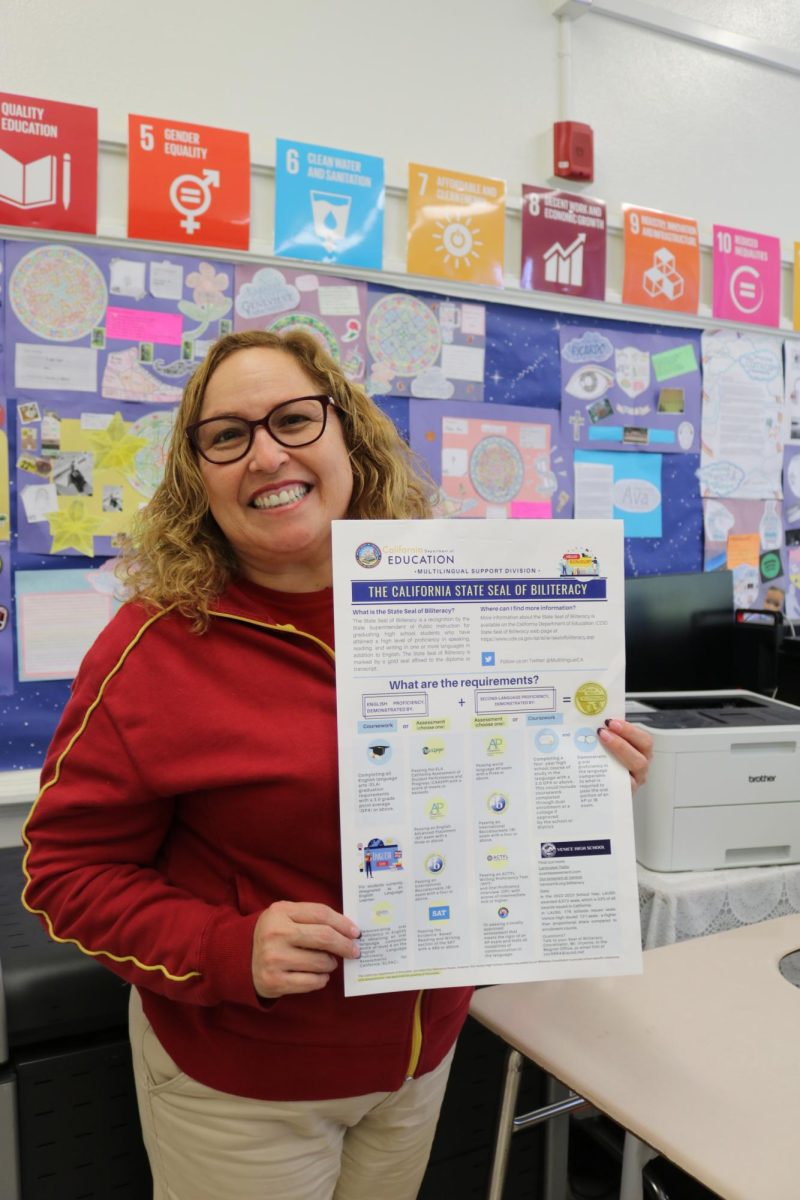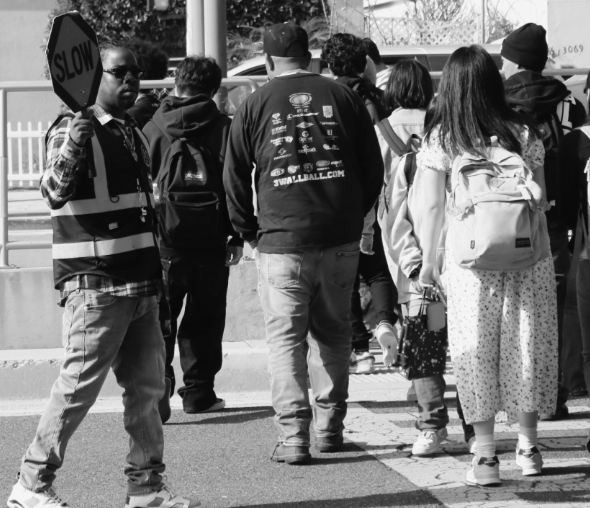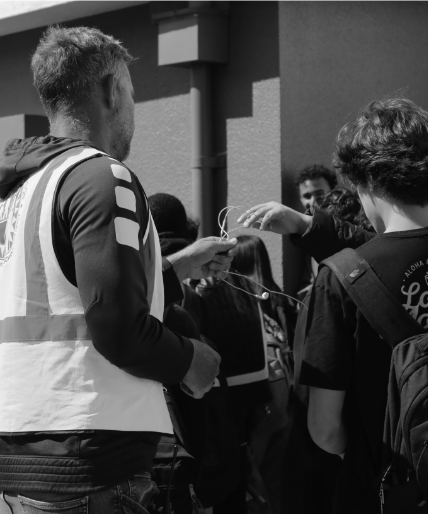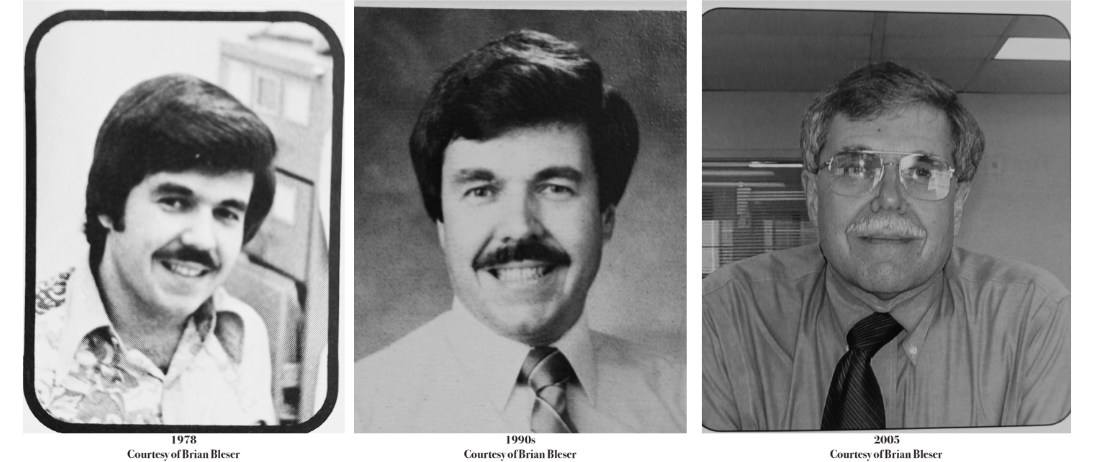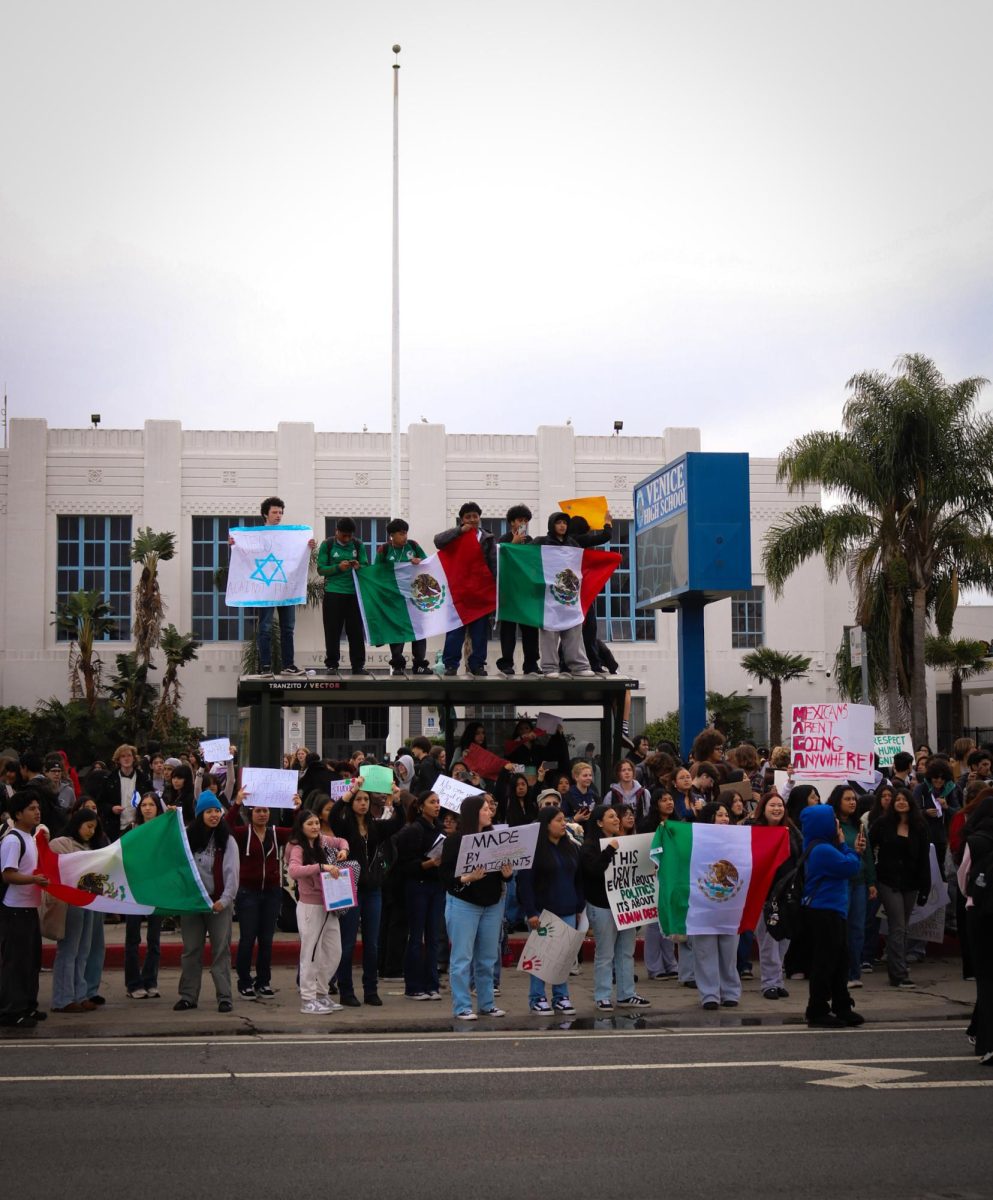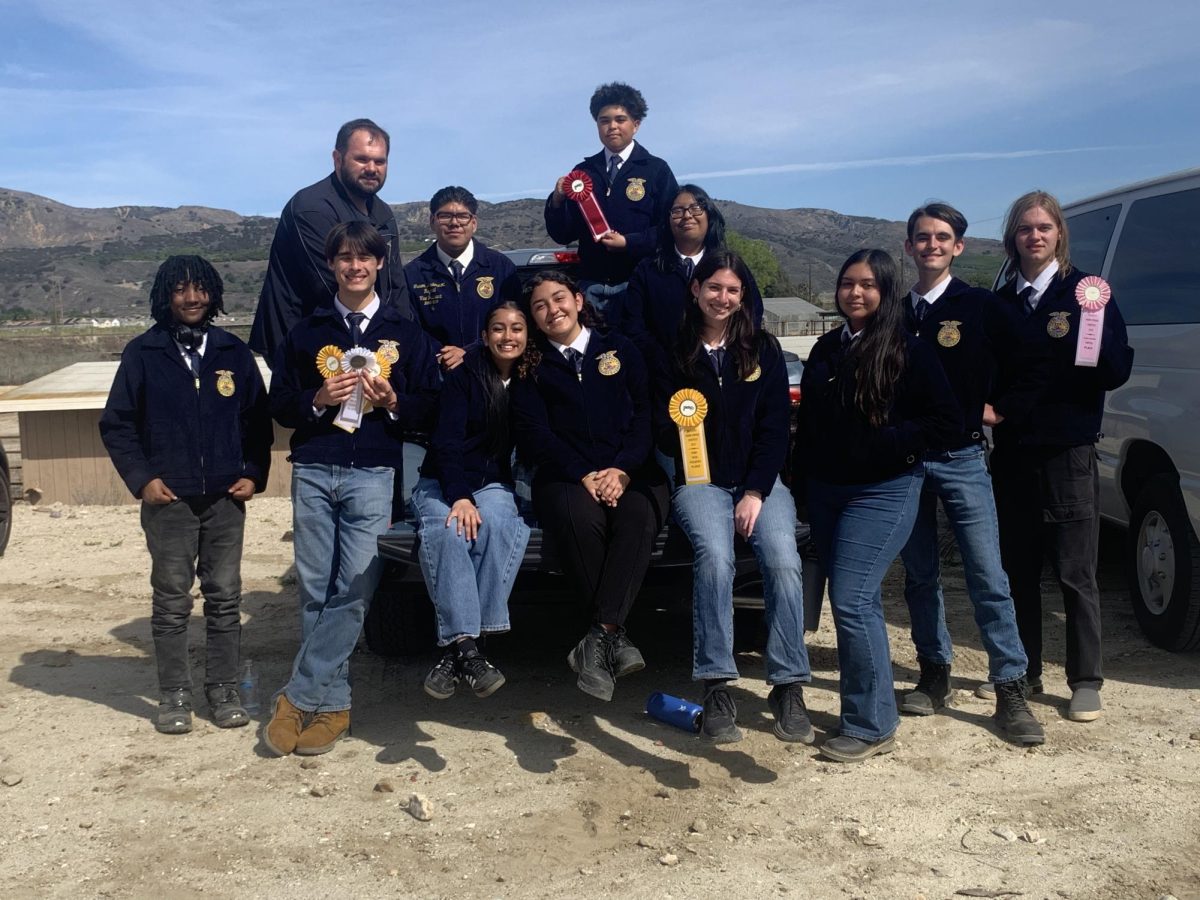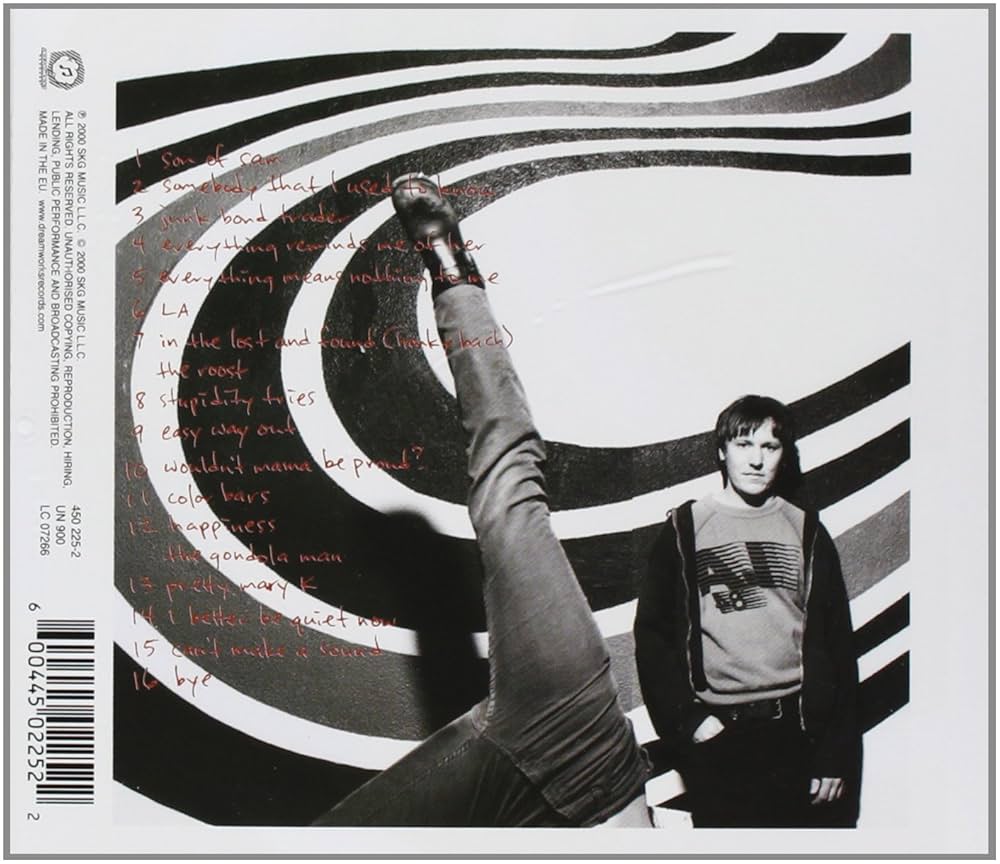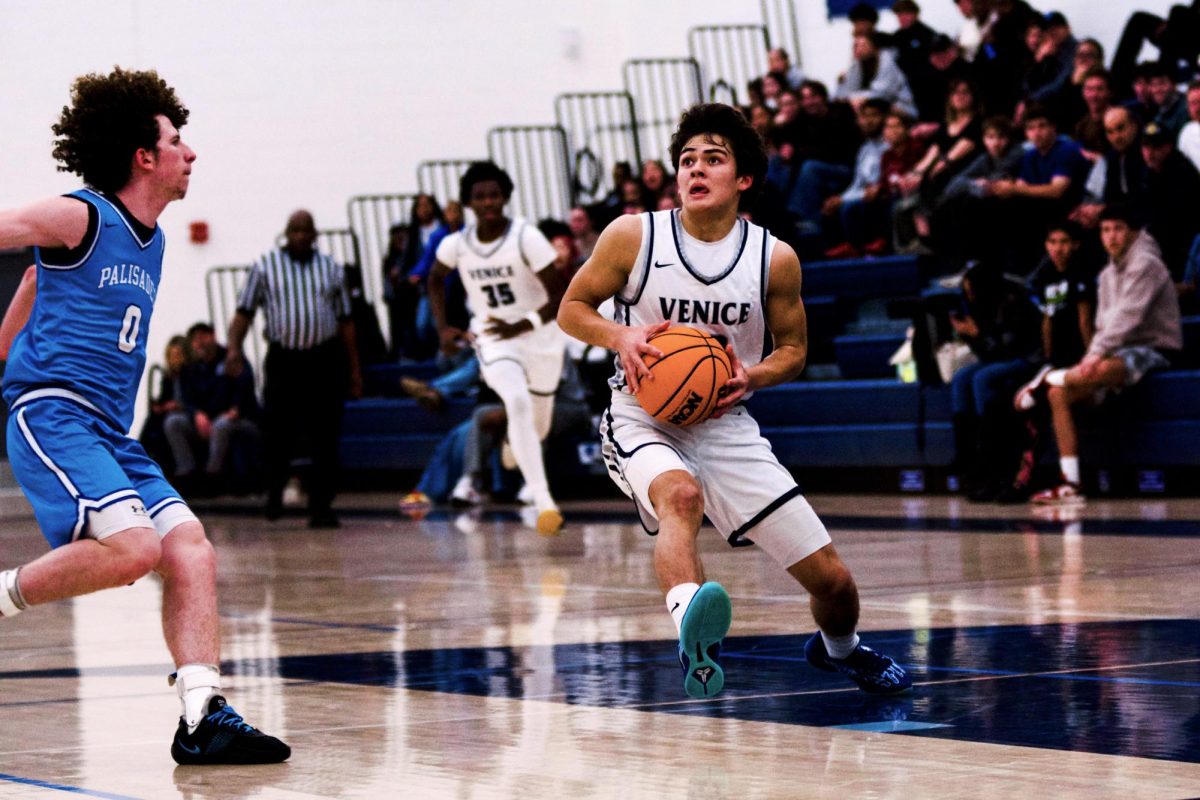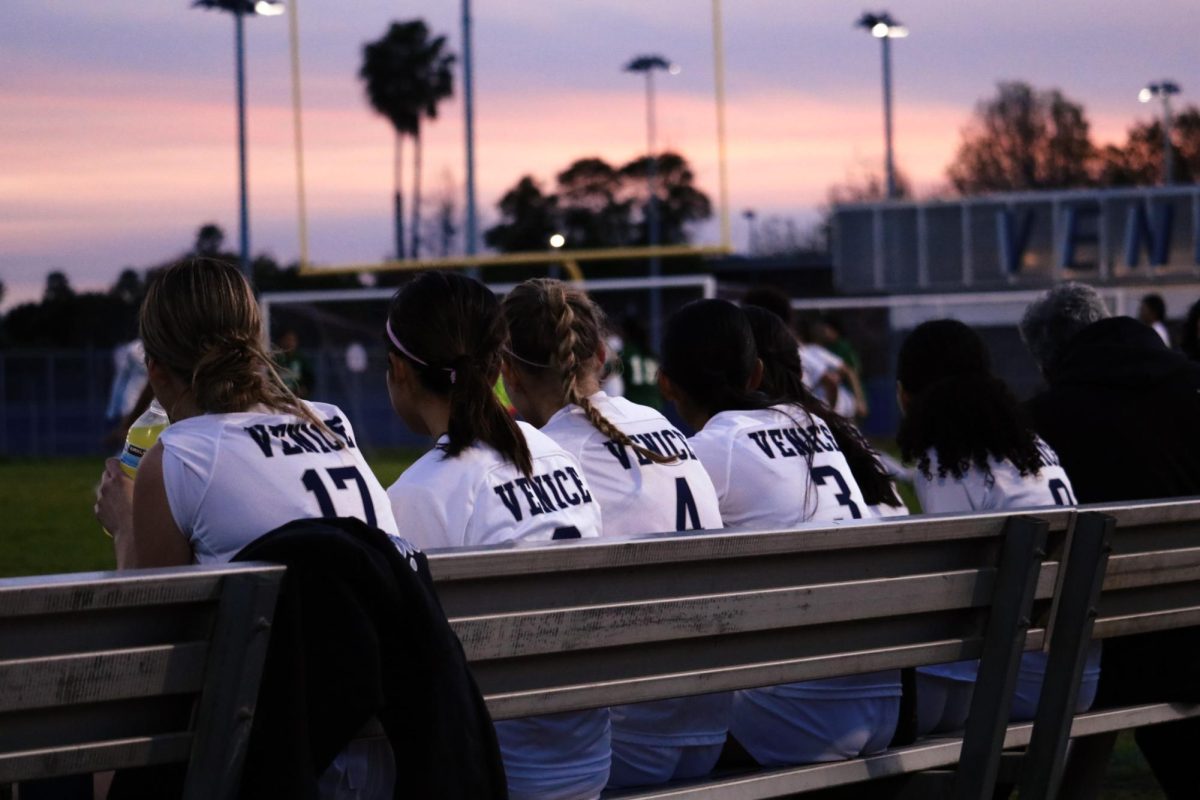In today’s world, people from different backgrounds are increasingly interconnected.
Being able to communicate in multiple languages is a valuable skill beyond just being proficient in those languages.
The Seal of Biliteracy is an award to high school graduates who demonstrate proficiency in two or more languages. At Venice High, students receive this award annually by showing competency in English and an additional language.
To earn a Seal of Biliteracy, students typically complete a four-year course in a non-English language and earn at least a 3.0 in required English language courses.
Venice has one of the highest percentages of students receiving a Seal of Biliteracy in the district, with an average of 30 to 40 percent receiving one each year.
This is all thanks to Venice High’s selection of language courses offered through the World Languages and Global Studies Magnet, the Dual
Language Academy, and three SLCS. Languages offered are Arabic, French, Italian, Japanese, Mandarin, and Spanish.
The estimated number of students receiving a Seal of Biliteracy this year is 220. Around 80 will be testing for a second heritage language, and the rest are a part of the language programs at Venice.
According to magnet coordinator Cristobal Vicente, the California State of Education would like 50 percent of students to receive a Seal of Biliteracy by 2030.
“However, our district issued a statement that we would have 50 percent of students receiving one by 2025,” he added.
There are multiple seals of biliteracy students can receive that each have their benefits, such as the LAUSD Seal, the California Seal, and the Global Seal. The Global Seal of Biliteracy has a lot more benefits such as potentially earning college credit. The benefits to all three are to recognize multiple languages for speaking and reading and to be used as marketable traits.
Vicente said the Global Seal is one of the most powerful seals you can receive. Any student who receives one gets a certification with a serial number that an employer can put in to look at their scores and proficiency.
Every student who passed the biliteracy test will receive a cord and certification at graduation. The student who earns the most seals of biliteracy will receive Venice’s Polyglot Award for Most Spoken Languages.
Senior Elena Yamada is a candidate who may receive two seals of Biliteracy this year—one in French and one in Japanese.
Yamada said that she would be excited to receive the extra cords at graduation.
“Academic validation is important to me, and this is a way to show that,” she said.
Spanish teacher Maria Lopez Zamudio believes in the importance of a Seal of Biliteracy. She said that the seal is beneficial to have and gives people the opportunity to showcase proficiency in other languages.
“Knowing a second language helps an individual in a variety of ways in both a personal and professional setting,” she said. “By speaking another language one is able to increase the number of people they can connect with and communicate.”
Lopez Zamudio acknowledged potential limitations of the seals, such as what languages are offered and which are left out of classes. For example, several of her students speak many languages that are not always acknowledged in higher academics.
Language is also complex, Lopez Zamudio added, and when one understands the power of words, they can convey proper emotion and meaning.
“It is important to remember that language reflects culture. You’re exposed to a different set of values and traditions when learning about another language, which can help students in the long run,” she said.

